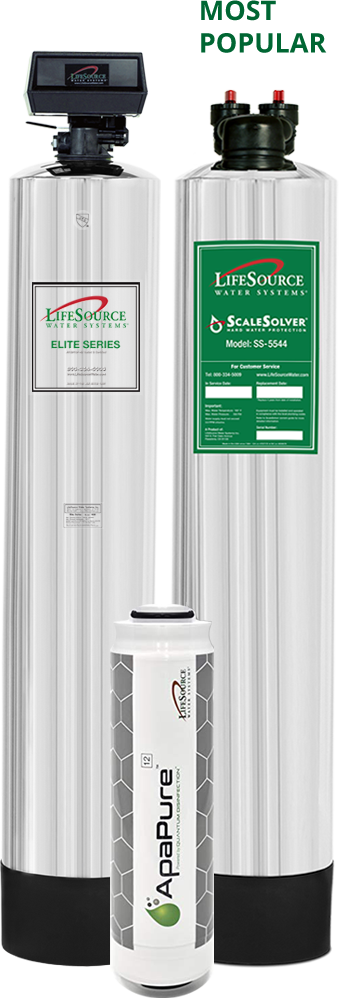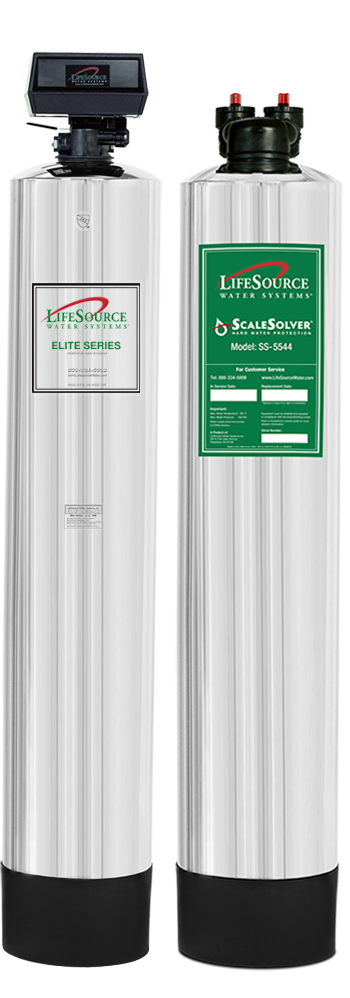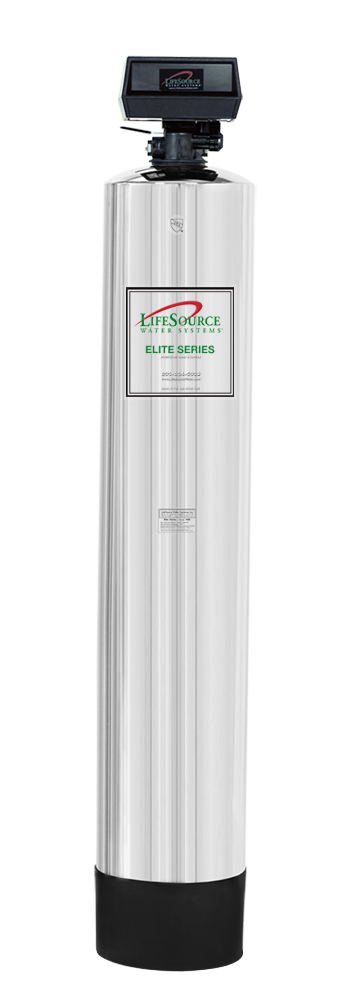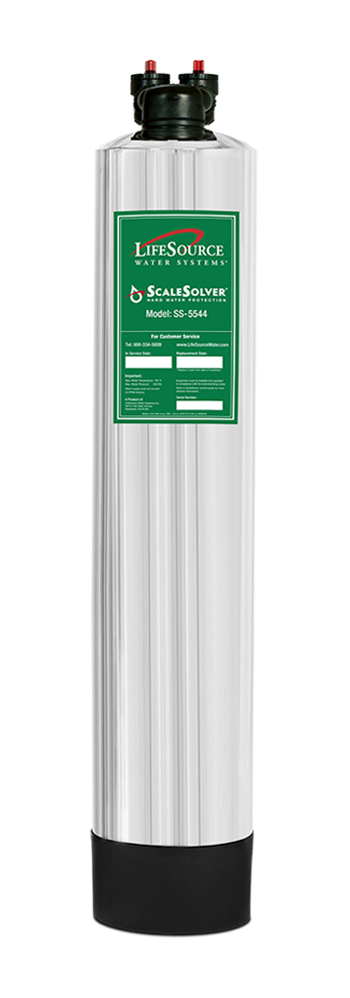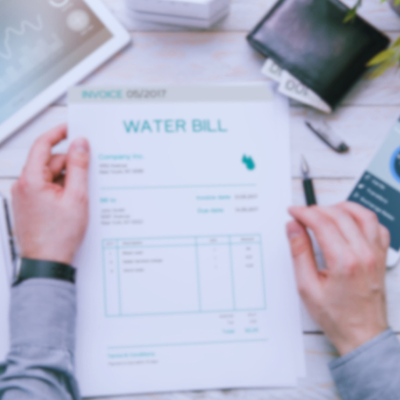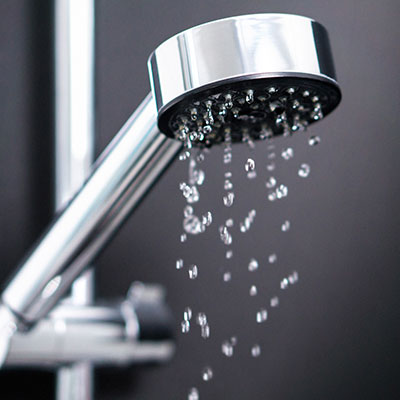
Is Unfiltered Water Damaging Your Clothes?
Why investing in filtered water is good for your laundry.
Unless you already have a whole house water filter, you’re probably using municipal water to wash your clothes. This means your clothes are being washed in water that has been treated with chlorine. Even at low levels, chlorine is a pretty harsh chemical and it’s not so gentle on your clothes (or skin). Over time, the hardness of the chlorine takes its toll, gradually fading the color from clothes. Over time, chlorine gradually eats away at the integrity of fabric, making the threads smaller and weaker, until they easily tear or become more translucent.
This is why using filtered water to wash your laundry helps your clothes last longer and maintain their vibrancy.


Another reason to wash your clothes with filtered water is: it cleans better. This is because of a little thing called: surface tension. Remember learning about surface tension in middle school? You know how a drop of water takes a dome shape, rather than spreading out flat? This is because water molecules like to stick together.
When you filter water, not only are you getting rid of chlorine and dirt, but the surface tension will also naturally be reduced. The water molecules will be less sticky. Reduced water tension is better for washing clothes because it’s easier for water to penetrate the fabric.
Not only is filtered water chlorine and dirt free, but it also does a better job a cleaning you clothes.
We use detergents because they contain surfactants, which are molecules designed to help reduce surface tension in water. If your filtered water already has reduced surface tension, you don’t need to use as much detergent. Pretty cool, right?
A common miss-understanding about water and detergents is: more detergent = more clean. Not true. In fact, adding more detergent can cause your clothes to become stiff, scratchy or even miscolored. Why? The more soap, the less likely your washing machine will be able to get it all out in the common rinse cycle. The residual soap (and the dirt stuck in the soap) gets trapped in your clothes. Over time, this can make your clothes start to feel and smell gross.
What about fabric softeners? Sure, fabric softeners can help mask the negative side effects of chlorine or using too much soap, but are they actually solving the problem? Fabric softeners don’t get rid of the extra soap or dirt build-up, instead they just coat clothes with an extra layer of chemicals to make them feel softer.
I have sensitive skin, so I’m a big fan of avoiding chemicals in my laundry. Washing clothes in filtered water helps protect sensitive skin against chlorine and other possible contaminants.
If you’re like me, you’re now itching to start doing laundry in clean filtered water. (Literally itching, because you’ve just realized your “clean” clothes are probably still pretty dirty.) Just remember, to make sure you look for a system that actually filters your water and isn’t just adding salt. A lot of water softeners aren’t filtering water, they’re just adding salt - which means you would be washing your laundry in chlorinated, dirty, salty water.

